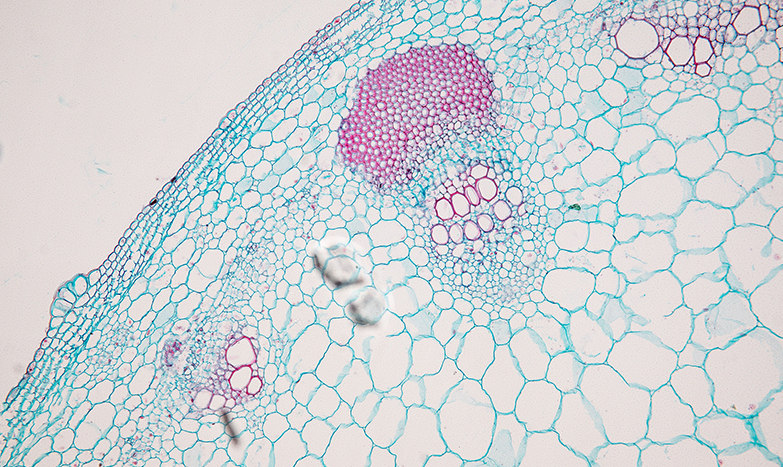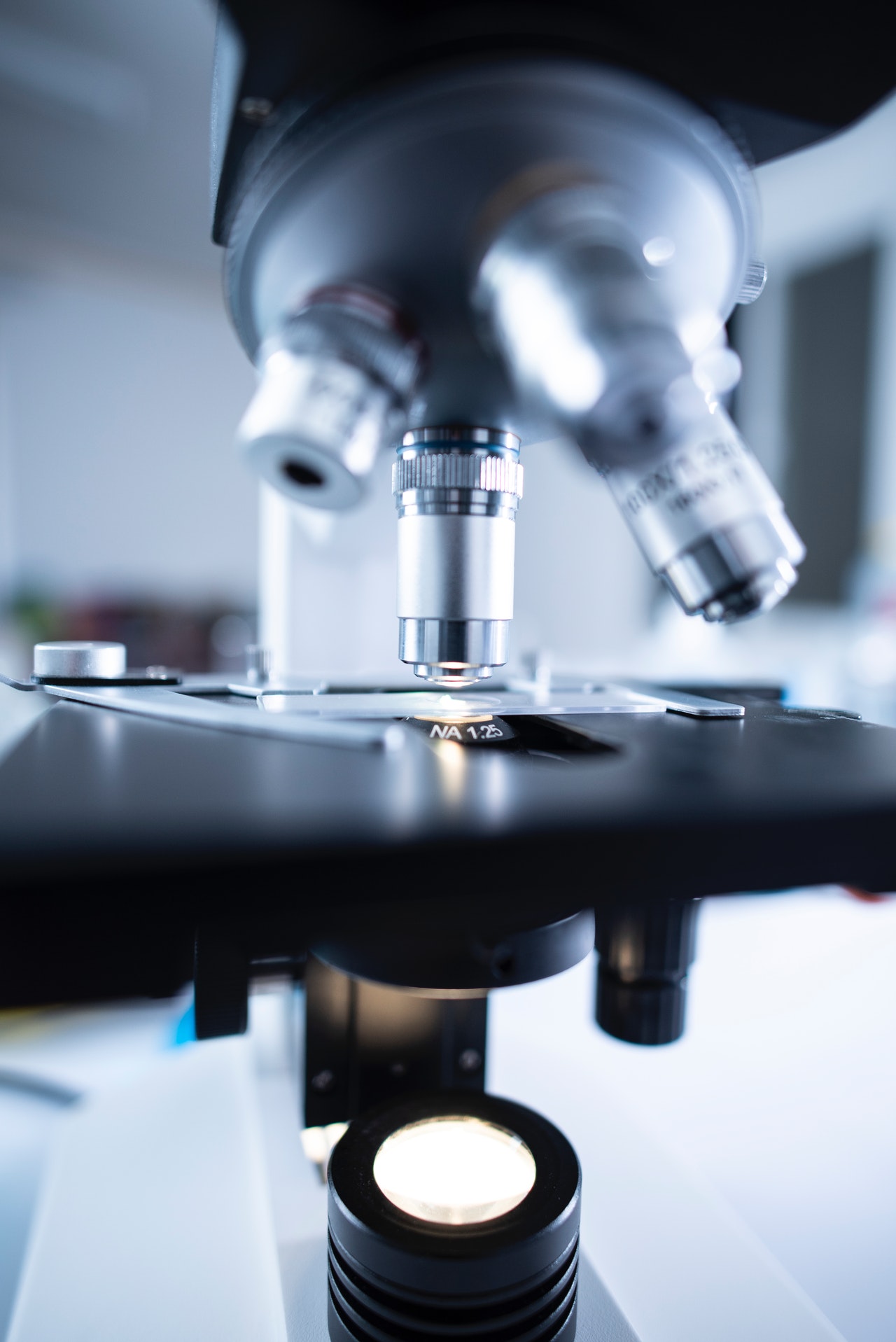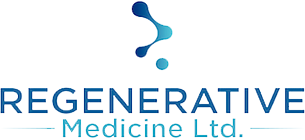Regen Med Asia / Products – Stemcell
MSC - Passage 1
Golden Cells
Why Use Passage 1 (P1) Cells?
“Golden Cells” need to be multiplied or grown so there are enough to get positive treatments. Every time a cell is grown, it reaches a point of “overcrowding”. Once this happens, the cells are moved to another plate. This is called a “Passage”. Passage 1 represents cell that have only undergone ONE passage and therefore maintain their strength and vitality. When cells are grown over many passages they become weaker and older, losing their potency.


Induced Pluripotent Stem Cells (iPSCs)
The “Holy Grail” of stem cells, iPSCs technology is now available for patients seeking to create and bank their own cell line using their OWN DNA for future clinical applications. Based on the work of Dr. Shinya Yamanaka (Noble Prize for Medicine 2012), its now possible to turn a skin cell into an embryonic-like stem cell or iPSCs, the most potent stem cell possible.
Having one’s own cell lines available in the case of future medical requirements is the highest level of bio-insurance anyone can have. iPSCs – The future of stem cells is available now.
The best conditions to treat using Mesenchymal Stem Cells?
Adult stem cells have been safely used for over 60 years, starting with bone marrow transplants. Now, in the past 15 years the use and indications for these cells has expanded with over 300,000 patients treated in published peer reviewed clinical trials showing both safety and efficacy around the world.
Some of the best outcomes include:
- Orthopedic – knees, hips and shoulders
- Facial skin – rejuvenation of the face
- Anti-aging – whole body treatments
- Back pain – lower back muscle regeneration
- Neck and shoulder – office syndrome
Latest News

Leveraging Induced Pluripotent Stems Cell Technology, Researchers Control Diabetes in Mice
“The generation of glucose-responsive islet-like organoids that are able to avoid immune detection provides a promising alternative to cadaveric and device-dependent therapies in the treatment of diabetes.” Evans further suggested, “We now have a product that could potentially be used in patients without requiring any kind of device.”

Advances in Cell Line Development for Neurodegenerative Diseases
“The current and future clinical applications of cell lines are bountiful,” Dr Feldman concluded, a sentiment echoed by Dr Reubinoff, who stated, “It is becoming increasingly essential to consider GMP compliance, safety, and regulatory criteria as stem cell lines become poised for clinical applications.”

Allogeneic Mesenchymal Stem Cells Ameliorate Aging Frailty: A Phase II Randomized, Double-Blind, Placebo- Controlled Clinical Trial
The above paper was done in the USA using umbilical cord stem cells to show clinically the benefits of stem cells for Aging Fraility in 2017.

These statements have not been evaluated by the Food and Drug Administration and are not intended to diagnose, treat, cure, or prevent any disease. These results are not typical. Individual results may vary.
